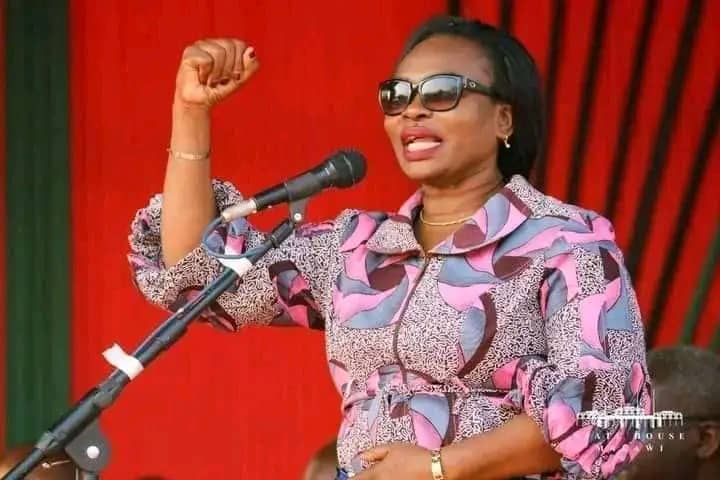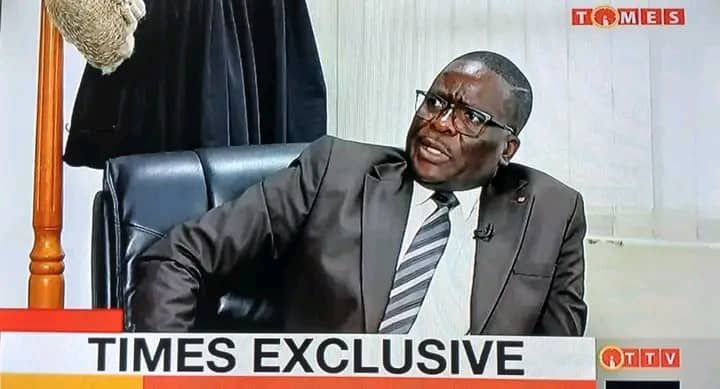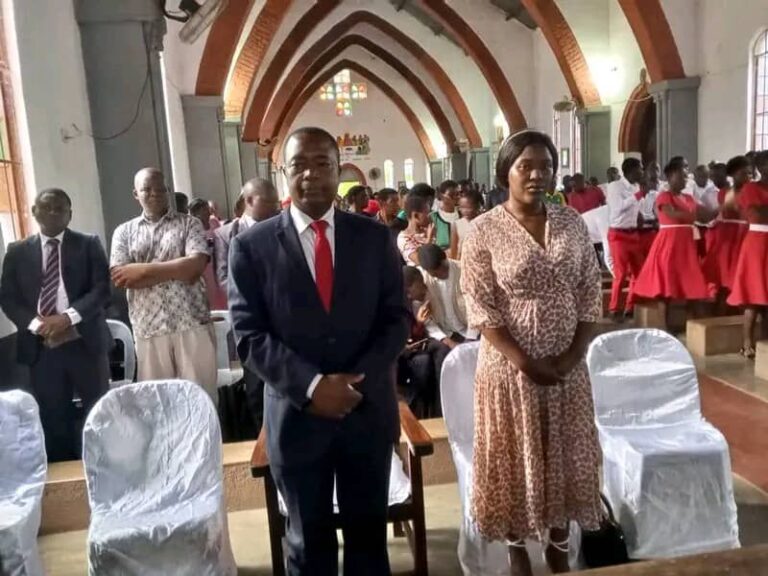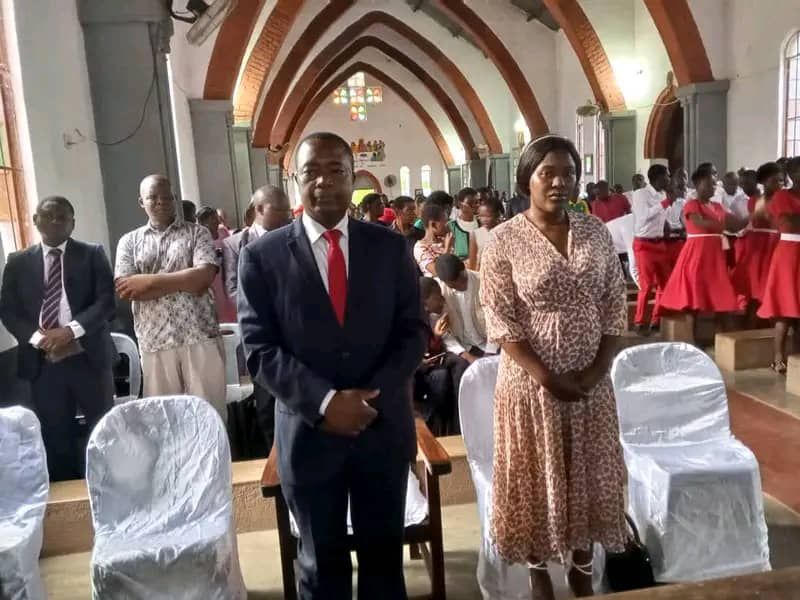By Burnett Munthali
The recent controversy involving lawyer Sylvester Ayuba James has sparked outrage among human rights organizations, with many activists condemning his remarks regarding street children. The debate surrounding his statements underscores a deeper societal issue—the treatment of vulnerable children in Malawi and the responsibility of legal and governmental institutions in addressing their plight.
The outrage stems from concerns that Ayuba James’ remarks may reflect a broader failure of society to protect and uplift street children, who are among the most marginalized groups in the country. While the exact content of his statements has not been fully detailed in the Sunday Times front-page report, the intensity of the backlash suggests that they were perceived as dismissive, derogatory, or contrary to principles of child welfare and human rights.
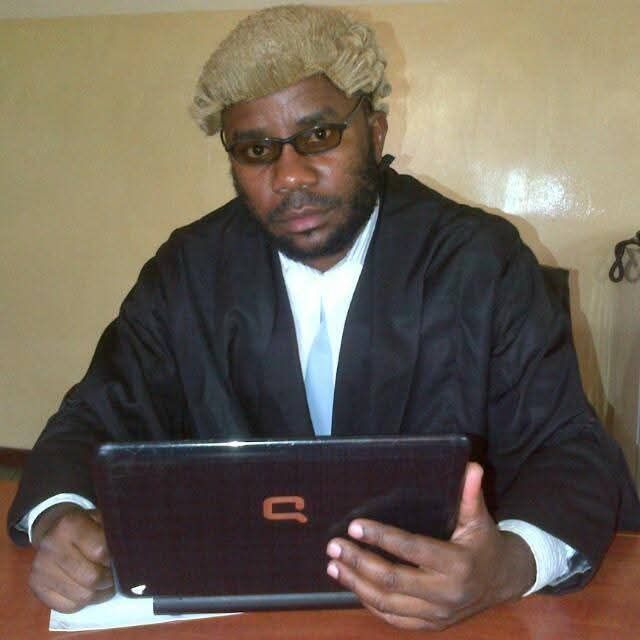
Street children in Malawi face multiple challenges, including homelessness, hunger, abuse, lack of access to education, and vulnerability to criminal exploitation. Many of these children come from broken homes, fleeing domestic violence, extreme poverty, or family neglect. Others have lost their parents to diseases such as HIV/AIDS and are left to fend for themselves.
Despite these harsh realities, there has been a persistent failure by authorities to provide sustainable solutions. Government efforts to rehabilitate and reintegrate street children into society remain inadequate, with shelters and social programs underfunded and poorly managed. As a result, street children continue to be seen as a social nuisance rather than victims of structural failures.
Human rights organizations have long advocated for the protection of street children, emphasizing their right to shelter, education, and security. Their outrage over Ayuba James’ remarks suggests that his statements may have trivialized or undermined these efforts. Activists argue that such rhetoric only deepens societal stigma against street children, making it harder for them to receive the assistance they need.
Statements from influential figures, particularly legal professionals, hold significant weight in shaping public discourse. If Ayuba James’ comments were perceived as insensitive or discriminatory, they risk reinforcing negative stereotypes, potentially justifying neglect or even harsher treatment of street children by law enforcement and the public.
From a legal perspective, Malawi is bound by both local and international laws that safeguard children’s rights. The Child Care, Protection, and Justice Act of 2010 outlines provisions that ensure children’s welfare, including protection from abuse, neglect, and discrimination. Furthermore, Malawi is a signatory to the United Nations Convention on the Rights of the Child (UNCRC), which obligates the government and society at large to prioritize children’s welfare.
If Ayuba James’ remarks contradict these legal frameworks, his statements could be seen as not only morally questionable but also legally problematic. In some cases, public figures can face legal scrutiny if their statements are deemed to incite discrimination or promote harmful policies.
The public reaction to Ayuba James’ statements reflects a larger conversation about how Malawian society perceives and treats vulnerable groups. Street children often face police brutality, social exclusion, and lack of public sympathy. Instead of addressing the root causes of child homelessness—such as poverty, unemployment, and weak social services—many people view street children as troublemakers who should be removed from public spaces rather than rehabilitated.
This controversy should serve as a wake-up call for policymakers, social workers, and the legal community to engage in constructive dialogue about real solutions. Malawi needs a more robust child protection system, greater investment in education and family support programs, and stronger advocacy to ensure that every child has a chance at a better future.
The outrage over Sylvester Ayuba James’ remarks is a reflection of the deep frustration among human rights organizations regarding the ongoing neglect of street children in Malawi. While free speech allows individuals to express opinions, public figures—especially legal professionals—have a responsibility to ensure that their words do not reinforce discrimination or hinder efforts to protect vulnerable populations.
Instead of debating whether his remarks were justified, Malawi should use this moment to push for stronger policies that address the root causes of child homelessness. The real question is not just what Ayuba James said, but what society as a whole is willing to do to protect and uplift its most vulnerable children.


